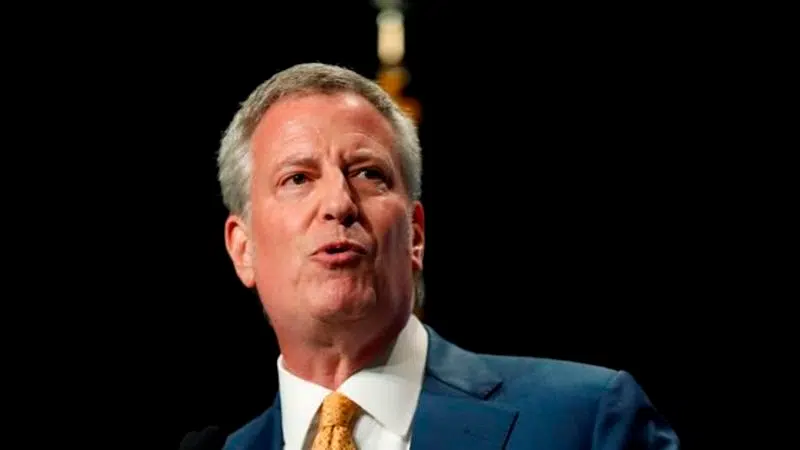
New York officials tour Quebec Indigenous communities ahead of possible hydro deal
MONTREAL — Officials from New York City have been visiting Quebec’s north to learn more about the impact a possible hydro power deal between the city and the provincial utility would have on Indigenous communities, a spokesman from the mayor’s office said Monday.
Mark Chambers, the director of the New York City mayor’s office of sustainability, said a three-member delegation recently visited Cree and Innu communities in the James Bay region and along the St. Lawrence River’s north shore.
He said the city wanted to consult with all the stakeholders before beginning formal negotiations that could see New York City increase its imports of Quebec hydroelectricity as part of Mayor Bill de Blasio’s plan to cut greenhouse gas emissions in the city by 30 per cent by 2030.
“We want be sure we understand all the components that go into a deal and not just what we might hear from one party or another,” he said in a phone interview. “All of those go into the factors that help us decide if we go forward with a deal or not.”


